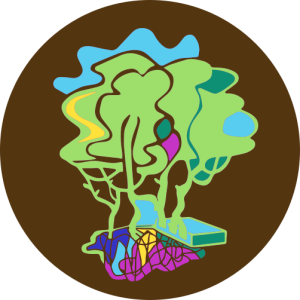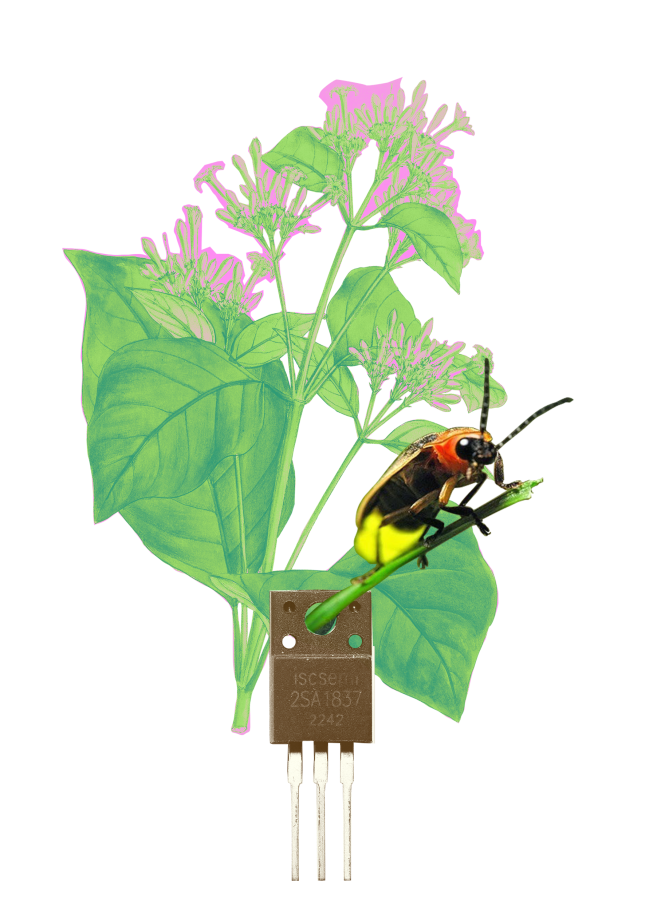Tech for forests
Tech for people


About
Tech For Forests is an independent group that emerged in 2020 to research and promote social and environmental justice through the facilitation and understanding of digital technologies and their impact on society.
Our starting point is research followed by planning and implementation of safety practices for local communities, groups, organizations, and individuals defending human, women and environmental rights.
What we do
- Field and bibliographic research,
User Experience Research (UXR/UR), ethnography, data analysis, survey, interviews. - Risk analysis, security protocols for organizations on digital safety, organizational safety and psycossocial safety.
- Learning sessions on various topics, including digital and information safety, methodologies and curriculum building.
- Facilitation of strategic meetings.
- Storytelling and narrative building.
Mission
Promote human rights and environmental justice through research, and promotion of privacy and security technologies, supporting their availability and use and facilitating their understanding.
Learn more
Get in touch, we’re available to talk about your project and support your initiative.